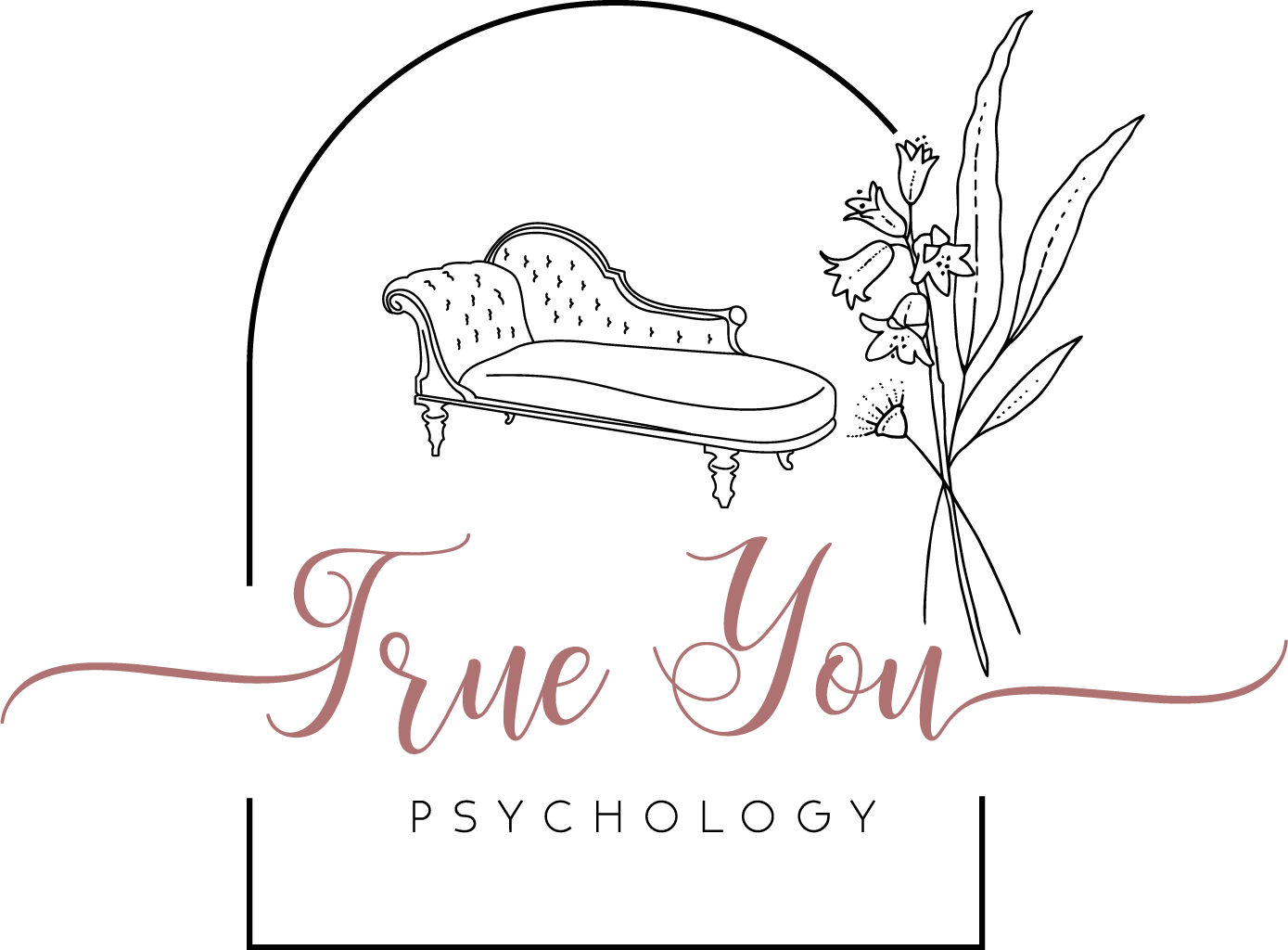Is Perfectionism a form of Avoidance?
This was the most requested topic from a recent poll I posted to my Instagram followers. I work with a lot of anxious perfectionists in my 1:1 therapy practice, so let me share some thoughts I have about the relationship between Perfectionism and Avoidance.
Perfectionism isn’t just wanting things to be perfect for pretty sake. Problematic perfectionism extends beyond being ‘detail oriented’ or identifying as a ‘high achiever’ because it feels good to ace that test, nail that baking recipe first time or win that award…
“Problematic perfectionism is less about gaining the good feelings, but is more about avoiding the uncomfortable ones. ”
Problematic perfectionism can form part of a variety of clinical presentations including Depression, generalised anxiety, OCD, and trauma. Whilst ‘flavours’ of perfectionism within someone’s personality can enhance functioning and motivate them to reach their goals, when the need to be perfect becomes strongly tied with self-worth and identity, we have an issue.
Perfectionists have become masters of avoiding discomfort. Repeatedly avoiding different types of discomfort means they’ll continue to deepen their sense of worth and identity around perfect-only experiences.
Here are some types of discomfort that Perfectionists avoid:
Uncertainty:
This uncertainty includes the uncertainty of having to be with a more foreign, less familiar version of themselves, and the social ecosystems that may have incidentally formed around this version of them.
If you’ve always been known as a great student or high achiever, how do you know your peers will still like you if your grades or performance started to drop? How do you know if you yourself will be able to accept another You? The answer is, you don’t. And that can be scary to not yet have any lived evidence that all will be okay.
Feeling inadequate:
Perfectionists develop perfectionistic thinking and behaviours as a way to overcompensate for feelings of inherent inadequacy or defectiveness. There’s a need to ‘make up’ for the fact that they don’t and have rarely felt good enough in the eyes of others or themselves. There’s an emotional wound, an emotional pain they have sworn never again to re-experience, and now they’ve found the perfect way to avoid this. Pun intended.
Having the need for internal validation:
Perfectionism can rob people of the ability to cultivate a forgiving and self-compassionate inner dialogue. It’s like there’s a voice that sure as heck will let you know when you’ve gotten it wrong, but stays silent when you’ve gotten it right. Mistakes are seen as unforgivable but achievements are simply a given.
Nonetheless, it still doesn’t seem as worthwhile to invest in having Internal Validation, especially when you’ve become so good at obtaining External Validation.
The biggest downside of this avoidance, is that it robs perfectionists of the chance to learn how to better cope with discomfort and to rebuild their self of worth more flexibly and realistically.
Self identity and self-worth built on the foundations of problematic perfectionism has about the same stability as a house of cards.
Sooner or later, it becomes wobbly. Unsustainable. Exhausting. Inauthentic.
JOIN ME ON INSTAGRAM!








